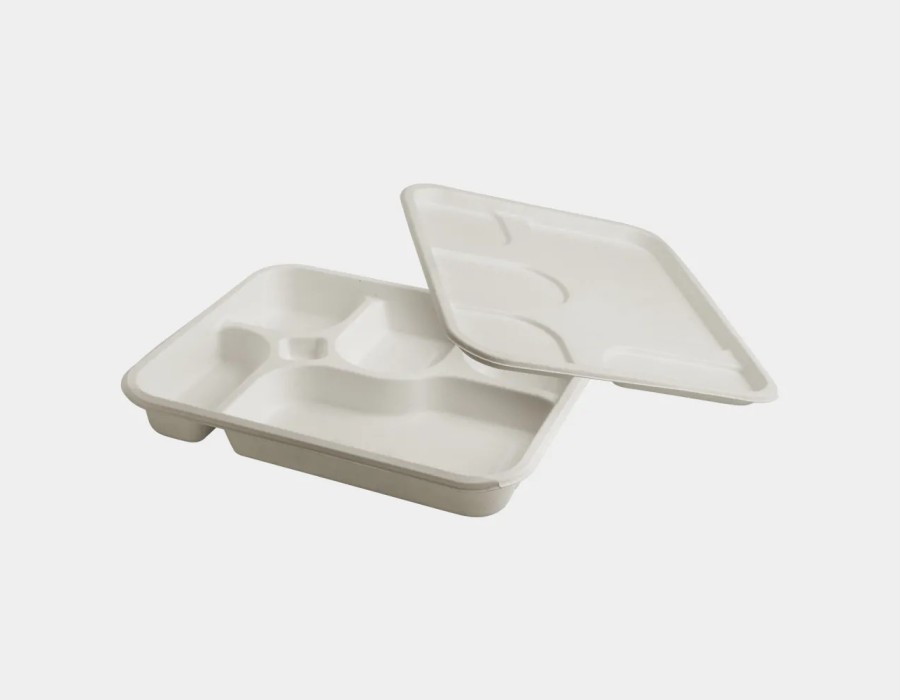As the world moves toward sustainability, biodegradable plates have gained popularity as an eco-friendly alternative to plastic. But are they truly as green as they claim to be? This article takes a closer look at the environmental impact of biodegradable plates, exploring their benefits, challenges, and overall effectiveness in reducing waste.
What Makes a Plate Biodegradable?
A biodegradable plate is designed to break down naturally over time, typically within a few months, depending on the material and conditions. These plates are usually made from plant-based materials like:
- Bagasse (sugarcane fiber)
- Palm leaves
- Cornstarch
- Bamboo pulp
Unlike plastic, which can take hundreds of years to decompose, biodegradable plates are meant to return to the earth much faster, reducing pollution.
The Environmental Benefits of Biodegradable Plates
- Reduces Plastic Waste
- One of the biggest advantages of biodegradable plates is that they replace single-use plastic items, which contribute to ocean pollution and landfill overflow.
- Lower Carbon Footprint
- Since these plates are made from renewable materials, they require less energy to produce than traditional plastic. Some materials, like bagasse, use agricultural waste, further minimizing environmental harm.
- Compostable Options Available
- Many biodegradable plates can be composted, turning into nutrient-rich soil instead of lingering in landfills.
Are Biodegradable Plates the Best Solution?
Despite their challenges, biodegradable plates remain a better alternative to plastic—especially when properly disposed of in composting facilities. However, the most sustainable approach involves a combination of:
- Using biodegradable plates when necessary
- Encouraging composting and proper disposal
- Exploring reusable tableware when possible
Conclusion
Biodegradable plates are a step in the right direction for reducing waste and minimizing environmental harm. However, their effectiveness largely depends on how they are disposed of. To make the most of them, businesses and individuals should prioritize composting and choose genuine eco-friendly options over greenwashed alternatives.





Comments